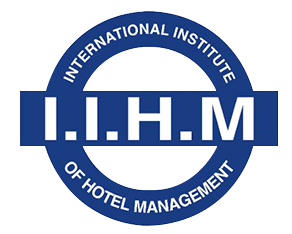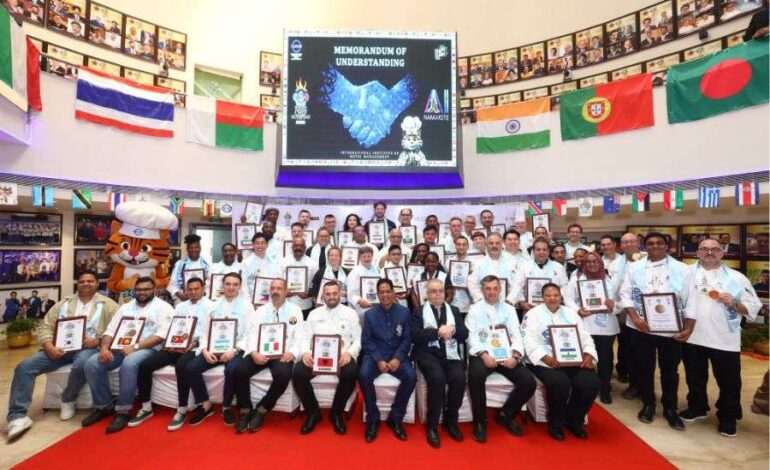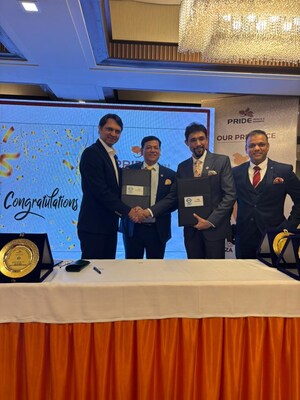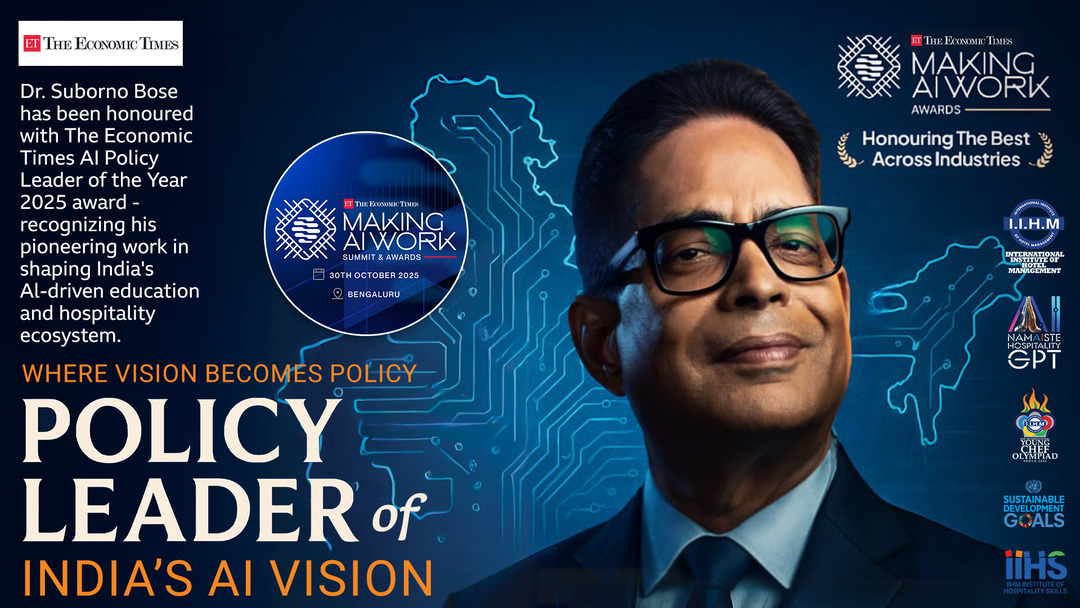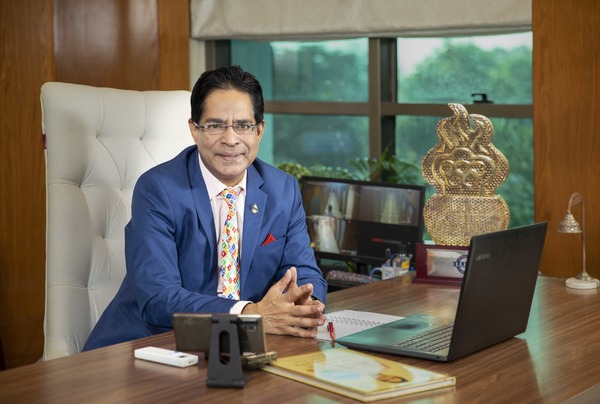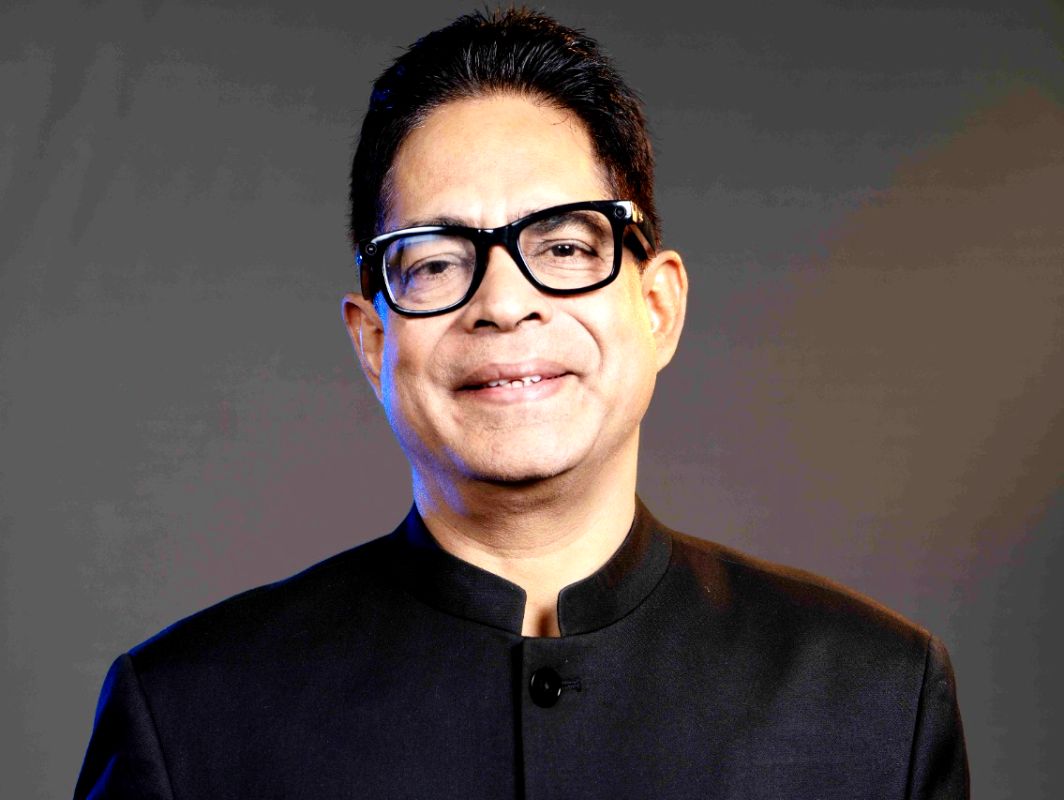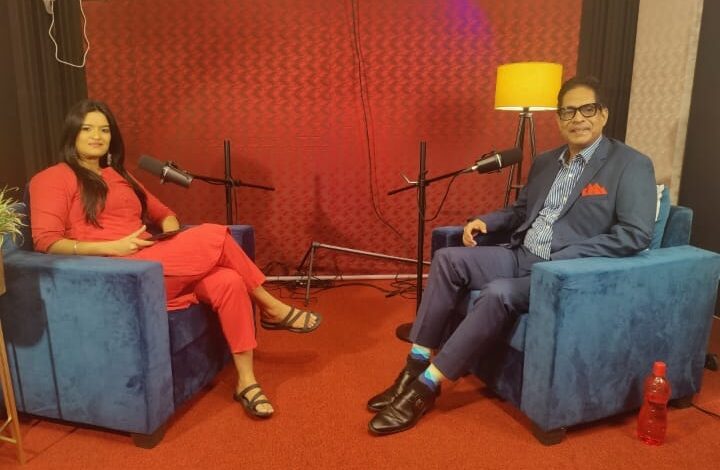
From Homestays to Hospitality GPT: Dr Suborno Bose on India’s $3 Trillion Tourism Vision
The Indian hospitality industry stands at a critical inflection point. Employing nearly 37 million people, it remains one of the largest contributors to the nation’s economy. Yet, only 1% of this vast workforce is formally skilled—an alarming gap that needs to be addressed to ensure progress towards the government’s ambitious $3 trillion tourism and hospitality vision for 2047.
In a recent episode of the What India Needs! podcast hosted by media entrepreneur Shutapa Paul, hospitality educator, entrepreneur and AI evangelist Dr Suborno Bose, Chairman IIHM, offered a candid assessment of the challenges and opportunities before the sector.
“Hospitality in India grew inorganically,” Dr Bose, who captains the International Institute of Hotel management Worldwide, reflected. “Brands expanded quickly, but skills lagged behind. For years, hotel management was seen as a ‘third choice’ career. That is changing, but the brain drain continues as many graduates move abroad for opportunities.”
Skills, Training, and the First-Choice Shift
Hospitality, once viewed as an unglamorous option, is increasingly becoming the first choice for young professionals. Entry-level salaries ranging from ₹24,000–₹35,000 are now competitive, sometimes even surpassing those of engineering graduates outside the IITs. Yet, Dr Bose emphasised, “Hospitality cannot be learnt only in classrooms.” Hands-on rotational training across departments is essential to nurture both skill and passion.
New Growth Engines: Homestays and Agro-Tourism
Looking ahead, Dr Bose believes India’s real growth story lies beyond luxury chains—in homestays, tea and coffee tourism, and small-town hospitality. “Hospitality is about the heart, not a plastic smile,” he said, noting that authentic, locally rooted experiences can powerfully shape India’s hospitality future.
Women, Technology, and Policy
The conversation also turned to gender parity, with projections showing that of 6.1 million new jobs by 2036–37, only 1.5 million may go to women. Dr Bose called for greater female participation, noting their rising presence as hotel general managers.
Equally transformative is technology. Highlighting NamAIste – IIHM Hospitality GPT, the world’s first AI tool for the sector, Dr Bose affirmed: “AI is not for tomorrow, AI is for today. It won’t replace people; it will help us perform better.”
Finally, stability in policy and improved working conditions—from fair pay to staff accommodation—are vital for sustaining investor confidence and retaining talent.
As Dr Bose concluded, India’s hospitality growth story will depend not only on global chains but also on people, skills, and authentic experiences that reflect the true spirit of Indian hospitality.
Full Podcast :
What India Needs: Hospitality’s Big Bet with Dr. Suborno Bose
India wants tourism and hospitality to fuel a $3 trillion economy by 2047. But here’s the truth: only 1% of the 37 million people employed in the sector are formally trained.
In this episode of What India Needs! Shutapa Paul speaks with Dr. Suborno Bose, hospitality educator and Founder of IIHM, on the future of hospitality, including skills gaps, sustainability, women in the workforce, policy hurdles, and AI-powered solutions like NamAIste.
Press coverage of Dr Bose’s Podcast – What India Needs! with Shutapa Paul
THE TRAVEL AND TOURISM TIMES — From Homestays to Hospitality GPT: Dr Suborno Bose on how the sector can Power 10% of India’s GDP
Traveller’s World — Only 1% of India’s 37 Million Hospitality workforce is skilled
StartupNews — From Homestays to Hospitality GPT: Dr Suborno Bose on How the Sector Can Power 10% of India’s GDP
